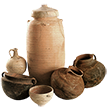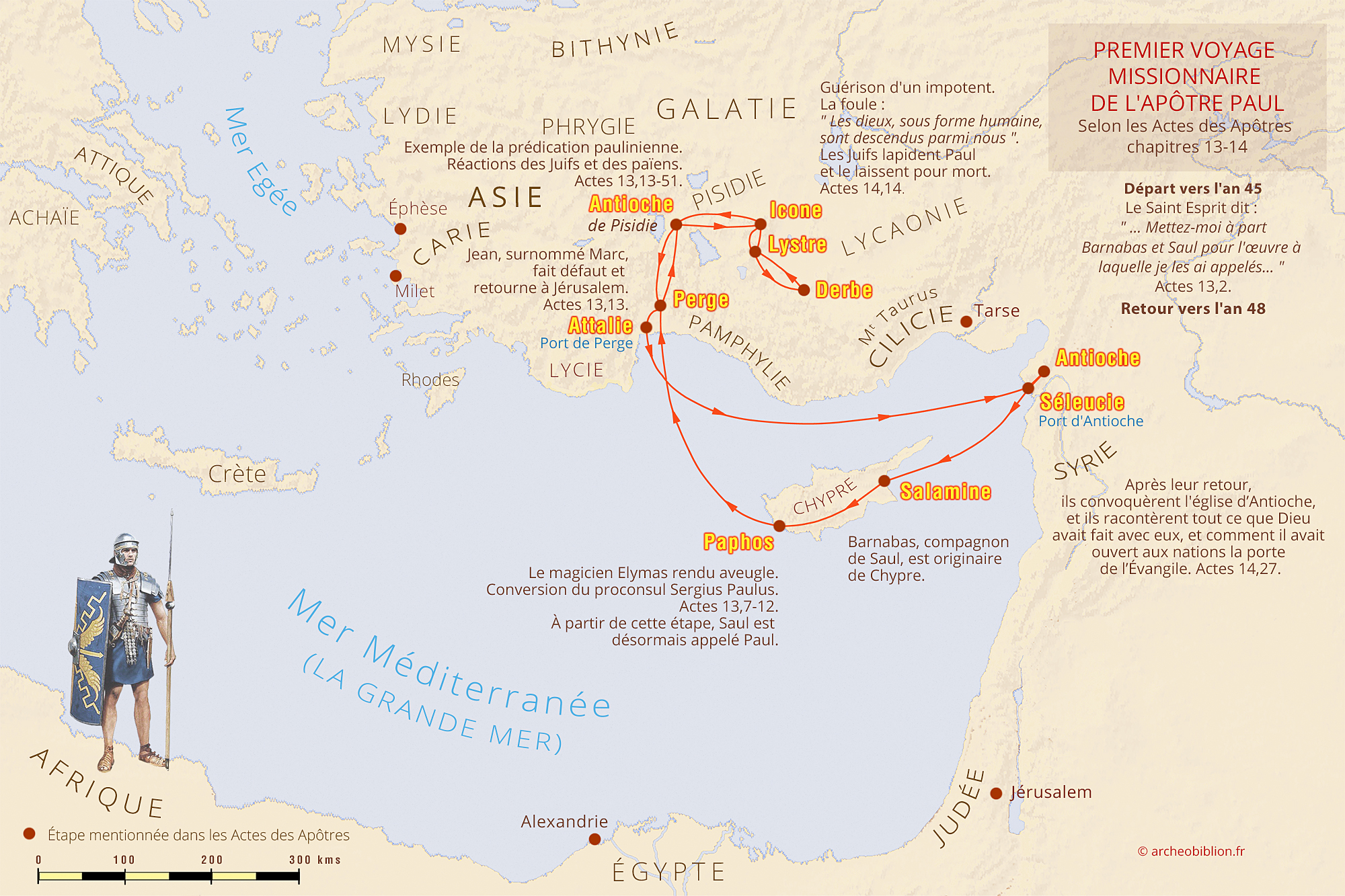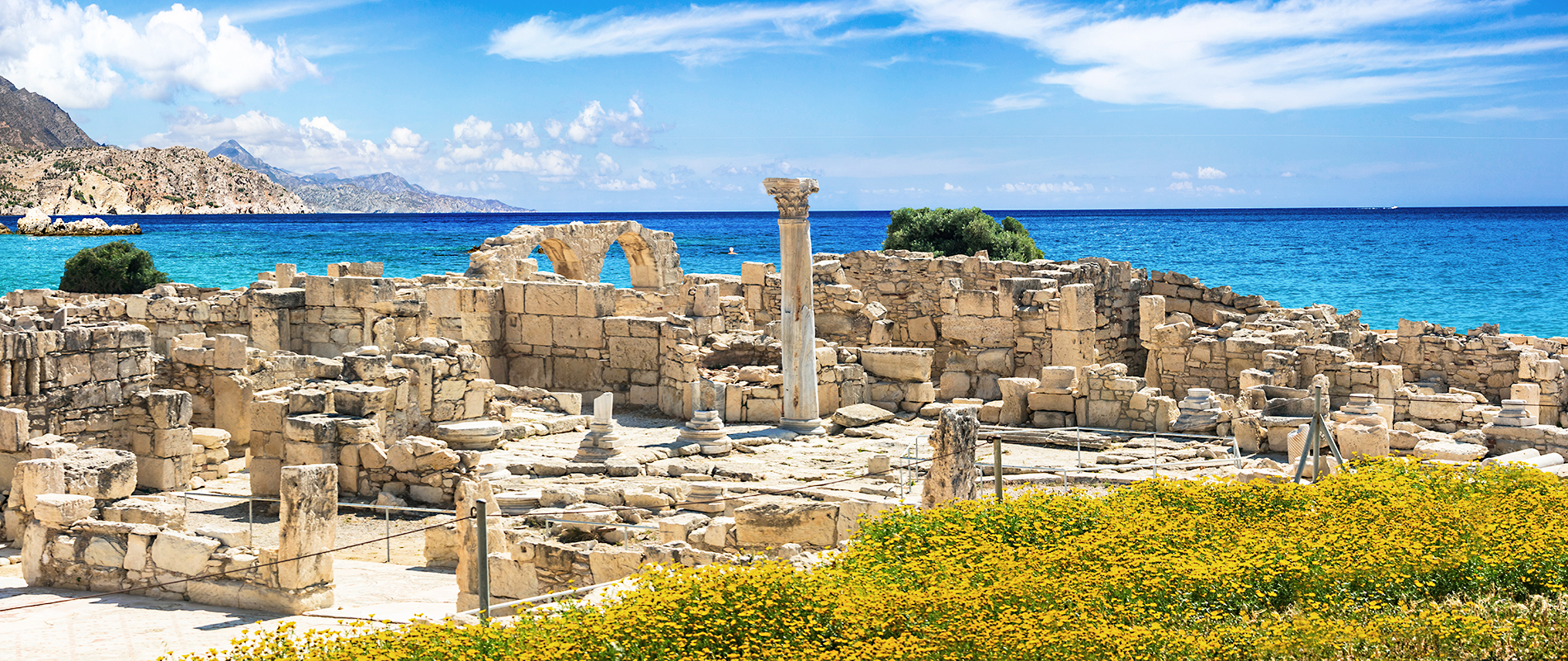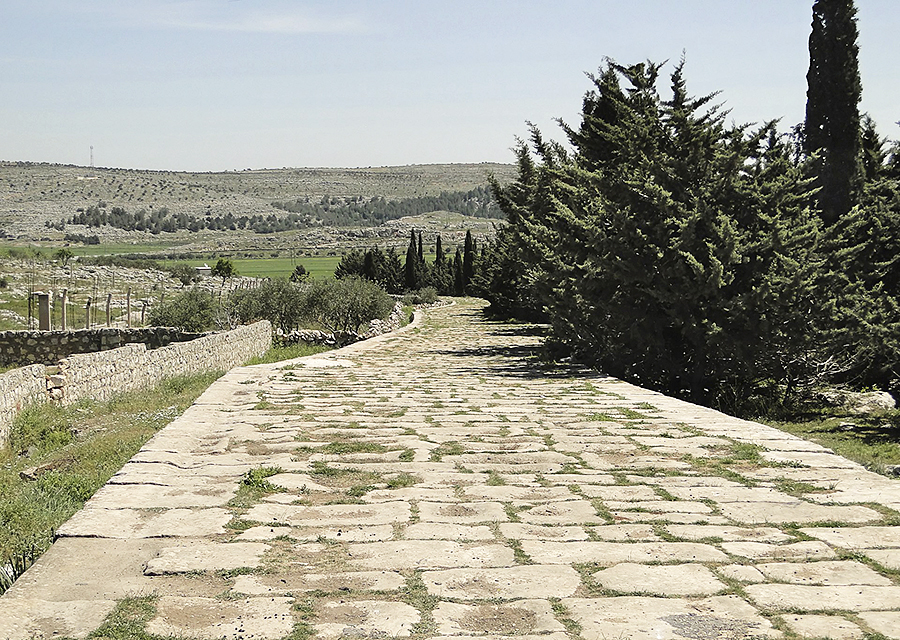
Bible, History, Archaeology
History,
Archaeology
The apostle Paul's first journey
To view the map, click on the image
Introduction
Dates vary from one source to another, and remain approximate.
The center of world evangelization will move from Jerusalem (which will be destroyed with its Temple in 70) to Antioch, where the story of the Acts of the Apostles (verses 42-46).
Antioch, capital of Syria, with a population of around 500,000, was then the 3rd largest city in the Mediterranean world (after Rome and Alexandria), the center of trade in the East, at the crossroads of the great land and sea routes, and a strategic point for the spread of the Gospel to «...the world...« the ends of the earth». (Acts 1,8).
This huge cosmopolitan population, of all races and ranks, had contributed to the deep-seated immorality that made Antioch a «cabaret city» (Emperor Julian). It was in this city that the followers of the «doctrine» new (Acts 9.2) received for the first time the name of Christians.
The ancient ruins of Kourion, also known as Curias or Curium, is an ancient city in Cyprus, inhabited from antiquity to the early Middle Ages. Kourion is located on the southern shore of the island to the west of the Lycus River (now called Kouris), and was recorded by numerous ancient authors including Ptolemy, Stephen of Byzantium, Hierocles, and Pliny the Elder. © leoks 1678136626.
The first trip
Barnabas and Saul, sent by the Antioch community to proclaim the Gospel in neighboring provinces (Acts 13), travel to Cyprus and southern Asia Minor. Saul, now called Paul, leads the proconsul of Cyprus to the new faith. In Antioch of Pisidia, Paul and Barnabas address the Jews in the synagogue, announcing that Jesus is the expected Messiah and that God has raised him from the dead. But their success with sympathetic pagans made the Jews jealous and hostile; the two apostles were driven out of the synagogue and even the city (Acts 13,44-52). The same thing happened at Iconium and Lystra, where Paul was even stoned to death.
Image opposite: the ancient Roman road near Tell Aqibrin in Syria. It linked Antioch to Chalcis (Qinnasrin), near Lebanon © Bernard Gagnon.
On their return, Paul and Barnabas went back to encourage the communities they had founded and appointed elders to take charge. In Antioch of Syria, everyone rejoiced at the success of this evangelization of the pagans. But in Jerusalem, Christians of Jewish origin were worried: how could they be saved without being Jewish and circumcised? The debate led to the Jerusalem Assembly (in 49), where, in the end, the mission to the Gentiles was recognized (Acts 15). The «Antioch disagreement» between Paul and Peter took place shortly afterwards.
Links to other journeys of the apostle Paul :
The apostle Paul's second missionary journey →



